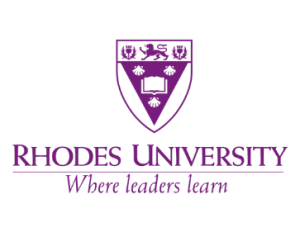Celebrating a legacy of sporting excellence as Rhodes University Rowing Club turns 90

By: The Division of Communications & Advancement Rhodes University Rowing Club (RURC) is set to celebrate its 90th anniversary on 26 October at Old Edwardians in Johannesburg. This milestone coincides with Rhodes University’s bidecacentennial, marking two significant achievements that reflect the institution’s commitment to academic excellence and its rich sporting heritage, particularly in rowing. Sue […]


